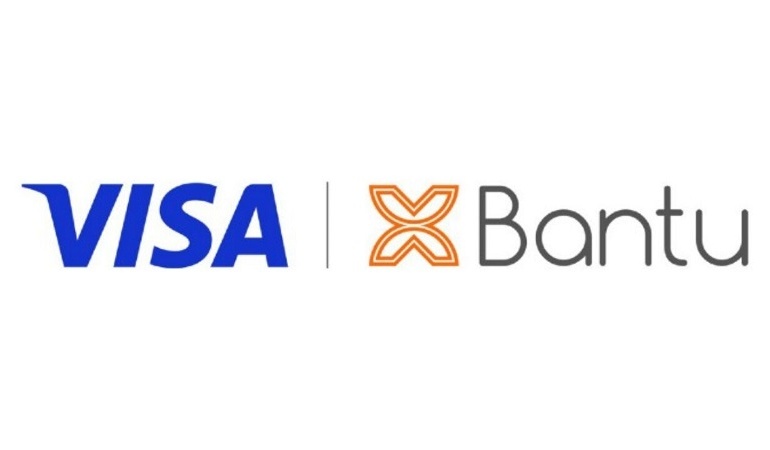
The External reserve of West Africa’s giant has depleted considerably since the beginning of the year, thereby spiralling into currency depreciation.
After a considerable comeback from the pandemic backlash, the Nigerian reserve asset has managed to sit above the $39 billion mark. A report from a local news source shows that the current account deficit has become wider. This means that the dollars leaving the country’s purse always exceed the inflow.
After the pandemic’s serious drawbacks, the foreign reserves significantly bounced back. However, it has yet to hit levels seen before the pandemic. The total currency reserves have been steadily declining from $42 billion since the beginning of 2022. A continuation of this trend may lead to a weaker naira.
Possible Reactions To The Plummeting Reserve
The depleting dollar stash may have resulted in some desperate efforts by the Central Bank of Nigeria (CBN) to curb this outflow. One of which is the crypto ban that prevented Nigerians from gaining access to FX through cryptocurrencies. Last year, the apex bank released a circular prohibiting commercial banks from aiding any crypto-related transaction. The development did not sit well with Nigerians who have given digital currencies widespread adoption over a short time. However, they quickly turned to other options like P2P trading to satisfy their Forex needs.
The apex bank has remained adamant on its anti-crypto stance. In a recent effort to reinforce its crypto ban, four banks were fined for failure to comply.
Despite all these efforts, the country’s local currency has continued to weaken against other major currencies in the crypto market. As of the time of writing this report, the naira exchanged hands between ₦589 and ₦598 per dollar.
Finally, notwithstanding the hostile position of the Nigerian government towards crypto, the market seems to be unconnected to the declining reserve. Instead of perceiving crypto as a threat, it may be best to create regulations that harness digital currencies’ power.
Do you think the thriving crypto market in Nigeria is related to its foreign exchange reserve? Let us know your thoughts in the comment section below.
Kingsley is a fintech writer with over 4 years of experience covering blockchain and cryptocurrency news. Alo first discovered Bitcoin in 2016 and has been passionate about it ever since, particularly the various ways blockchain can help Africa and the world at large. He desires to give the crypto space a more geographically balanced narrative and serve as a bridge between Africa and the rest of the world. His articles have been featured in Cointelegraph, Beincrypto, and Forkast.news, among others.


